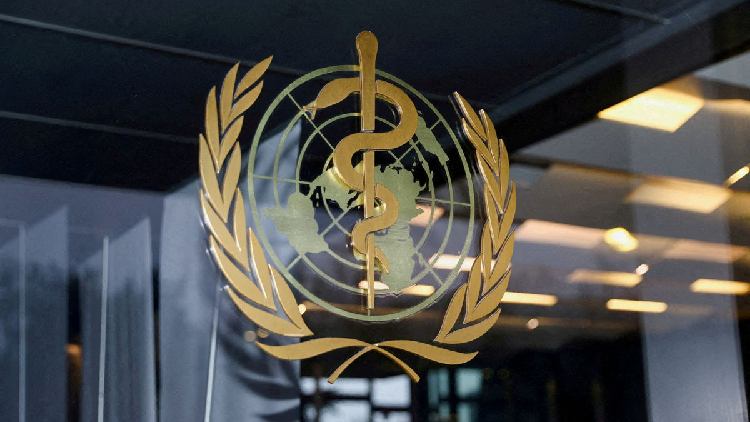WHO Praises Ethiopia's Initiative for Pandemic Fund
On Wednesday, the World Health Organization (WHO) expressed its approval for Ethiopia's initiation of the Pandemic Multi-Sectoral Prevention, Preparedness, and Response Project (EPPR).

The Ethiopian Pandemic Multi-Sectoral Prevention, Preparedness, and Response Project (EPPR) was launched recently, receiving praise from the World Health Organization (WHO) on Wednesday.
According to WHO, this move is significant in fortifying the defences of the East African nation against possible pandemic threats. The EPPR is lauded as remarkable.
A three-year commitment, the EPPR concentrates on addressing matters pertaining to preventing, preparing for, and responding to pandemics, considering Ethiopia's unique and intricate context.
The Pandemic Fund has backed the EPPR initiative with a $50 million grant. The program also benefits from an additional co-financing amount of $63 million. The EPPR shapes up as a collaborative effort featuring key stakeholders, the Ethiopian government, different UN agencies, and various partners.
WHO asserts that the project's key goals include bolstering surveillance systems, fortifying the national laboratory, and ensuring the continuous provision of trained and adept health professionals. This will foster a strong and operational public health care system capable of preventing, identifying, and responding to pandemics.
Dlamini Nonhlanhla, WHO Representative for Ethiopia, maintains that the project aligns well with the country's national strategies.
"The firm commitment by the Ethiopian government and partner organizations to invest in a sustainable and comprehensive program encapsulating pandemic prevention, preparedness and response is evident in this initiative," stated Nonhlanhla.
According to WHO, the initiative will also enhance existing training, administration, and response teams across different sectors including human and animal, at all levels.
Furthermore, WHO maintains that the project will assist Ethiopia in improving laboratory services and broadening its accessibility. This includes ramping up the detection of priority pathogens. The initiative will also augment outbreak surveillance at entry points and refine the country's alert system mechanism.
WHO claims that Ethiopia grapples with a high burden of communicable diseases, such as malaria, tuberculosis, HIV/AIDS, in addition to several non-communicable diseases.
Ian Smith












